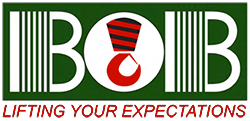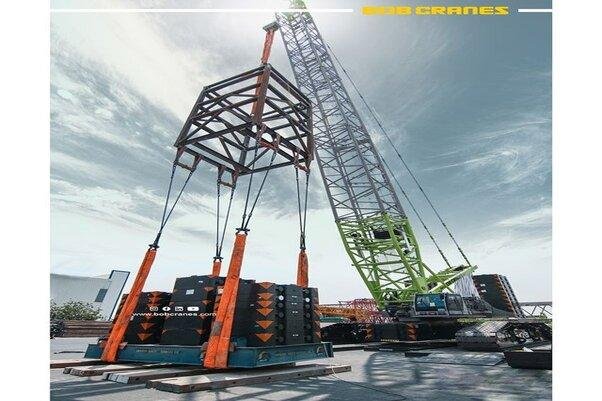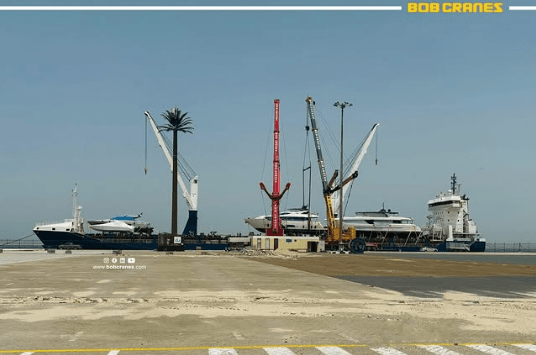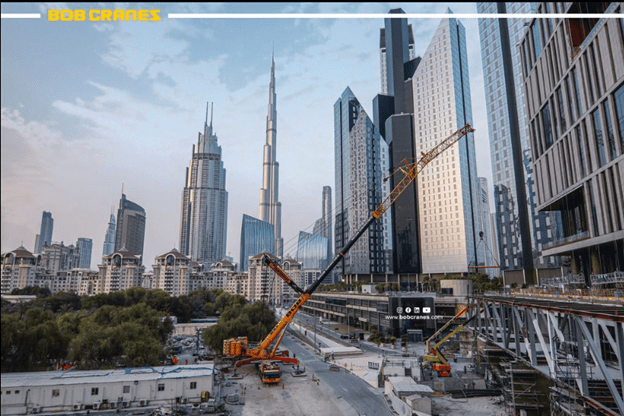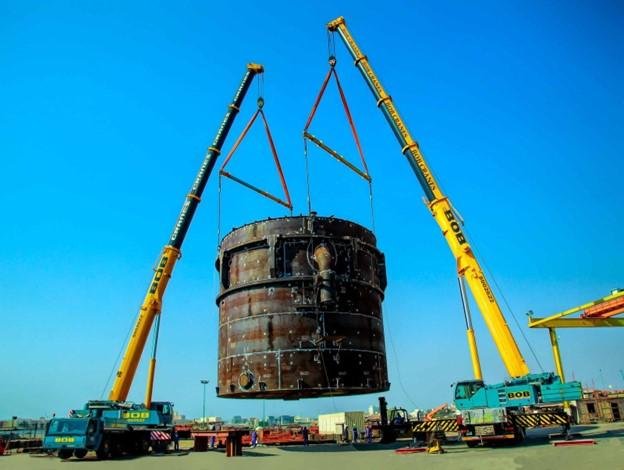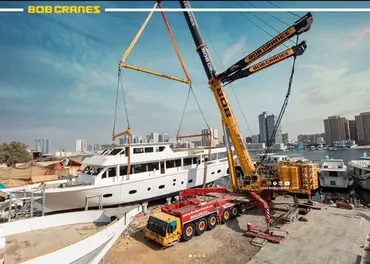Safety Tips on Working Around Heavy Equipment in Construction Industry
In the booming construction industry of the United Arab Emirates (UAE), heavy equipment plays a vital role in accomplishing various tasks efficiently. These powerful machines, such as excavators, bulldozers, cranes, and loaders, significantly increase productivity but also pose significant risks to workers on construction sites.
As heavy equipment rental companies in Dubai and across the UAE continue to support the construction sector, prioritizing safety becomes paramount. This blog aims to provide essential safety tips to ensure the well-being of workers and prevent accidents on construction sites.
Tip #1: Conduct Comprehensive Training:
Proper training is the foundation of a safe working environment. Ensure that all employees, including operators, supervisors, and site workers, undergo thorough training on the operation and safety protocols for each specific heavy equipment they handle. Training should encompass recognizing potential hazards, operating procedures, emergency protocols, and equipment maintenance.
Tip #2: Regular Equipment Inspections:
Before commencing any construction activity, it is essential to conduct routine inspections of all heavy machinery. Inspections should include checking for mechanical issues, hydraulic leaks, and any signs of wear and tear. Only qualified personnel should handle maintenance and repairs. Keeping equipment in top condition reduces the likelihood of accidents and equipment failures.
Tip #3: Use Personal Protective Equipment (PPE):
Every worker on a construction site must wear appropriate personal protective equipment, including hard hats, safety goggles, high-visibility vests, steel-toed boots, and gloves. For those working directly with heavy equipment, additional protective gear like ear defenders and respiratory masks may be necessary. Strict adherence to PPE guidelines significantly minimizes the risk of injuries.
Tip #4: Create and Enforce Safety Zones:
Establish designated safety zones around heavy equipment where only authorized personnel are allowed. These areas should be clearly marked with barriers or signs to prevent unauthorized entry. Reinforce the importance of staying clear of equipment while it’s in operation to avoid accidents caused by operator blind spots.
Tip #5: Implement a Buddy System:
Encourage the buddy system on construction sites. Workers should be paired up to keep an eye on each other’s safety, especially when working in close proximity to heavy equipment. This practice fosters a culture of vigilance and prompt response to any potential danger.
Tip #6: Emphasize Communication:
Effective communication is crucial on construction sites, especially when working around heavy equipment. Use hand signals, two-way radios, or other communication tools to maintain contact between operators and ground workers. Clear and concise communication can prevent misunderstandings and avert hazardous situations.
Tip #7: Weather Conditions Awareness:
Extreme weather conditions can impact heavy equipment operations and pose additional risks. Educate workers about the importance of monitoring weather forecasts and implementing appropriate safety measures, such as suspending operations during severe weather events.
Tip #8: Ensure Adequate Lighting:
Inadequate lighting can hinder visibility during nighttime or low-light conditions, increasing the risk of accidents. Heavy equipment rental companies in Dubai and the UAE should invest in adequate lighting solutions to enhance visibility and overall safety on construction sites.
Tip #9: Traffic Management:
On busy construction sites, managing the flow of equipment and vehicles is crucial. Implement clear traffic management plans, including speed limits and designated routes for heavy equipment. Separate pedestrian pathways should be provided to prevent collisions between workers and moving equipment.
Tip #10: Emergency Preparedness:
Despite all precautions, emergencies can still occur. Establish and communicate emergency procedures to all personnel, including evacuation routes and assembly points. Regularly conduct emergency drills to ensure workers are familiar with the protocols and can respond effectively in critical situations.
Conclusion:
Safety should always be the top priority for heavy equipment rental companies in UAE, including those operating in Dubai. By implementing comprehensive training programs, conducting regular equipment inspections, and enforcing safety measures, these companies can create a safer working environment for their employees.
Emphasizing communication, using PPE, and promoting a culture of vigilance can further reduce the risk of accidents on construction sites. By prioritizing safety, heavy equipment rental companies in UAE can contribute to the growth of the construction industry while safeguarding their most valuable assets – their workers.


